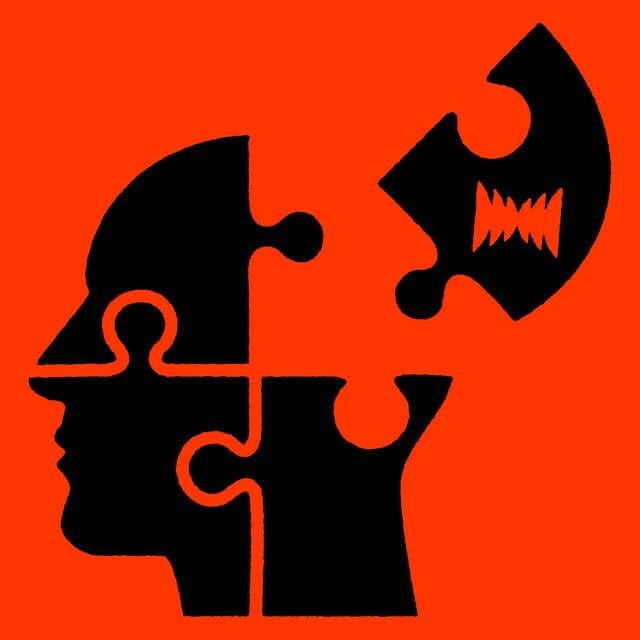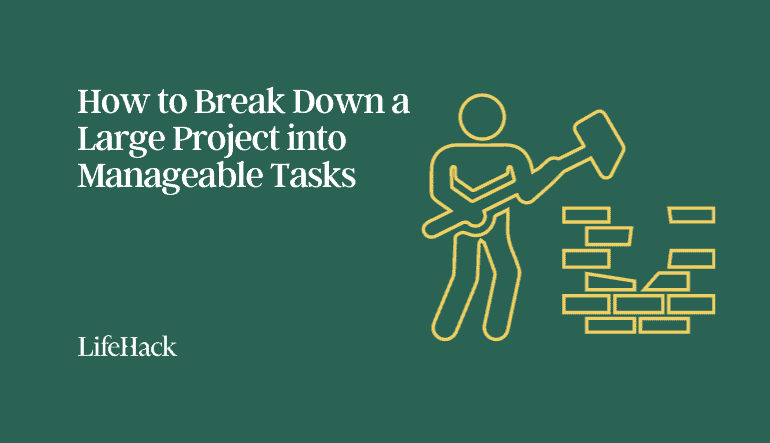
Our lovely misspelt logo by Dall-E
Hi,
Welcome to the Procrastilearning Newsletter, where your time is well spent even though you should probably be doing something else.
3 things worth procrastilearning over

via Leonardo.ai
1. Memories get less accurate whenever you recall them
Whenever you think of a special memory from your past, like the birth of your child or your wedding day, you are not accessing the original memory.
In your brain, memories are reconstructed each time you recall them. And because you’re not experiencing the actual moment again, it’s a copy of a copy. And each time you remember it, it’s a copy of the previous copy. That means the more often you try to remember something, the less accurate it becomes. In fact, to preserve a memory accurately, it’s best not to recall it at all. 😞
Oh, and that movie Eternal Sunshine of the Spotless Mind? The one where Jim Carrey gets a drug treatment to remove memories of his relationship with Kate Winslet? That was based on a real study using rats and there is a drug that can do that (for rats, at least).
All these depressing but fascinating facts can be found in this classic 2007 episode of the brilliant Radiolab podcast which was recently published again on their feed. Listen here on Spotify or here on YouTube.
2. Artists are becoming less scared of AI
This positive article for artists uses examples like the application Nightshade which protects online work from being scraped (stolen, essentially) by AI, and the flat boring results professional writers have had trying to write comedy.
In a couple of decades, when the technology is much more advanced, we'll see how artists feel then! There are still many who aren't happy about it anyway, such as popular music YouTuber Rick Beato. There are also musicians embracing it full throttle and trying to found their own AI startups, like DJ Fresh.
In other highly positive AI news, it’s now being tested in fruit farming and is leading to improved yields and less waste.
3. JBL was started by a guy who committed suicide
Ever wondered what the big audio company JBL's letters stand for? It's an abbreviation of its founder's name: James Bullough Lansing.
Although the Californian company today is owned by Samsung and sells its speakers all over the world, in its early days back in the 1940s, it was struggling. Things were so bad, Lansing decided to kill himself.
It seems like his fatal decision wasn’t just depression but a practical plan that put 10,000 dollars of life insurance money into his business partner's hands. Although Lansing was no longer around, his company JBL continued thanks to the pay-out and began to thrive.
I find this unusual story fascinating because founders of successful companies rarely kill themselves in their early days (the statistics are obviously different for unsuccessful companies...). A much more common trend is that very wealthy founders and CEOs kill themselves in their old age. Notable people from this latter group include the founder of the Coors brewing company and the co-founder of Metro AG, the cash-and-carry people. I assume this is because ill health means they can't continue to be useful anymore.
As George Eastman, co-founder of the Eastman Kodak photography company wrote in his suicide note, "To my friends: my work is done. Why wait?"
2 quotes to keep in mind
We are always falling in love or quarrelling, looking for jobs or fearing to lose them, getting ill and recovering, following public affairs. If we let ourselves, we shall always be waiting for some distraction or other to end before we can really get down to our work. The only people who achieve much are those who want knowledge so badly that they seek it while the conditions are still unfavourable. Favourable conditions never come.
I never learned from a man who agreed with me.
1 tip to help you deal with larger projects
Break big tasks into smaller tasks.
And it can be as mindless as 1. Switch on laptop. 2. Find template in Word, etc. This helps you get started and away from that feeling that a large project is intimidating.
If you treat it as a series of small tasks, you get a feeling of satisfaction every time a small step is completed which gives you momentum to keep going.
After a while, you should be far enough into it to keep going without any procrastination or stress, but if you do still get feelings that make you want to stop, just make another small task list for the next part of the project and keep things going.
If you want more details about this tactic, here’s LifeHack:
That's all for today. Many thanks for reading. Here’s a photo of a koala drinking from a bottle of mineral water.
Adam
Adam Zulawski
Procrastilearning on Beehiiv / More stuff
Currently reading: Clear Thinking by Shane Parrish
Sent this by somebody else?





